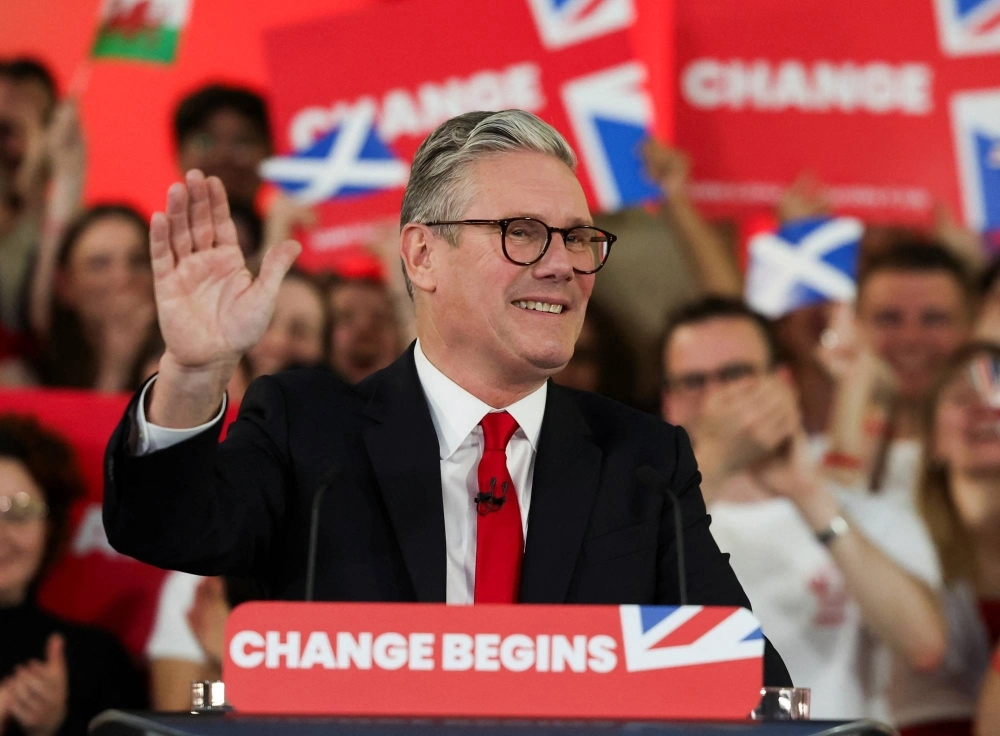The Labour Party has put an end to 14 years of successive Conservative governments in the United Kingdom after a landslide win in Thursday's general election that will give the center-left party a commanding parliamentary majority and make its leader, Keir Starmer, the country's next prime minister.
At the time of writing, Labour had secured at least 410 seats in the 650-seat House of Commons, well above the 326 required for a majority as voters decided to give a chance to what Starmer calls a “changed Labour Party” that has sought to rid itself of its hard-left and socialist elements.
"A mandate like this comes with a great responsibility," he said after his party won at least 212 more seats than during the last general election in 2019. Thursday’s showing was Labour's best election performance since Tony Blair’s win in 1997.


















With your current subscription plan you can comment on stories. However, before writing your first comment, please create a display name in the Profile section of your subscriber account page.